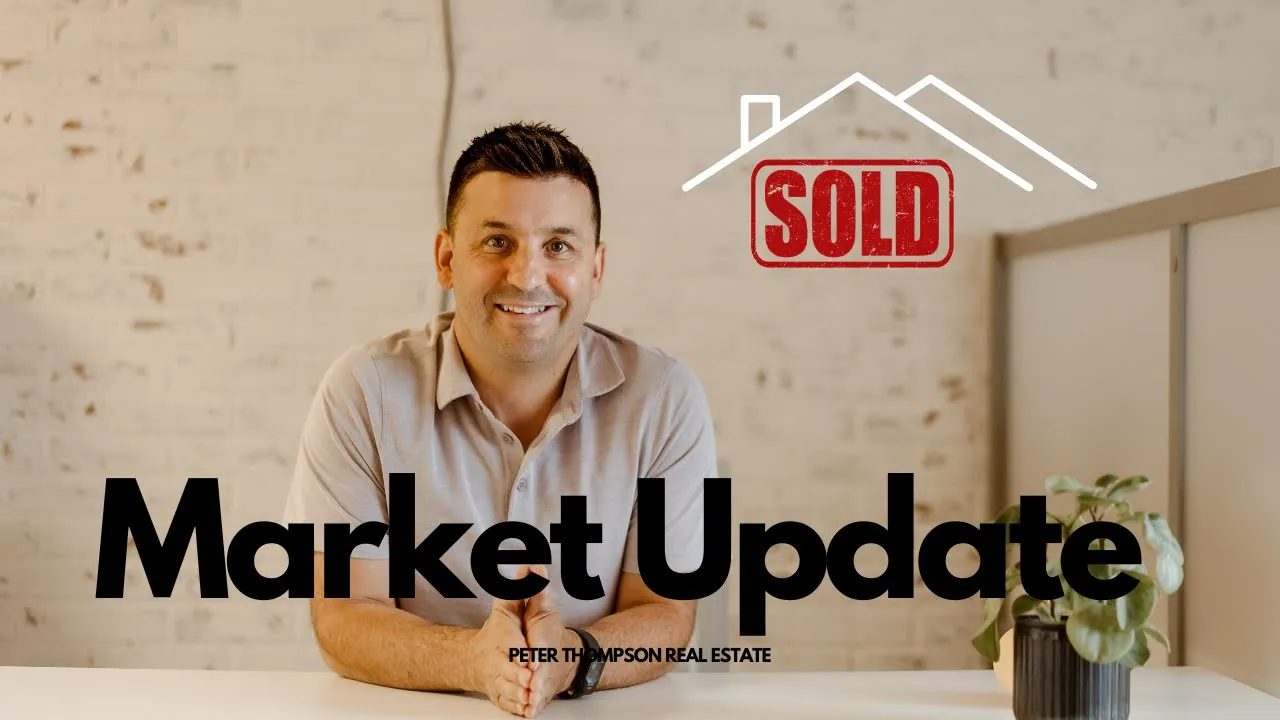Why Full Disclosure Matters When Selling Your Home in Quebec
Selling your home is a major financial and emotional decision, and one of the most critical documents in the process is the Seller’s Declaration. Many homeowners wonder: Do I really need to disclose everything? The answer is a resounding yes! Transparency not only builds trust with buyers but also protects you from legal risks down the road.
What Is a Seller’s Declaration?
The Seller’s Declaration is a mandatory document required in Quebec real estate transactions. Think of it as your home’s history report—an official record detailing its condition and any past issues. Buyers rely on this form to make informed decisions, and failing to disclose known defects could lead to legal complications.
Why Honesty in the Seller’s Declaration Benefits You
Disclosing known issues upfront may seem counterintuitive when trying to sell your home, but it actually works in your favor. Here’s why:
1. Smoother Transactions
Buyers appreciate transparency. If hidden problems emerge during a home inspection, they may get cold feet or attempt to renegotiate. Worse, if a deal falls through due to undisclosed issues, you must legally disclose those findings to future buyers—potentially deterring them as well.
2. Legal Protection for Sellers
Failing to disclose known defects could make you liable for hidden defects (vices cachés). If a buyer later discovers an issue that should have been reported, they could take legal action—leading to expensive settlements or repairs. Being upfront reduces this risk.
Key Issues to Disclose in Your Seller’s Declaration
When completing your Seller’s Declaration, be sure to include the following:
Water Issues
- Previous water infiltration problems
- Basement flooding incidents
- Sump pump installations or repairs
- Roof leaks or repairs
- Window and door seal issues
Structural Concerns
- Foundation cracks (even minor ones)
- Repairs to load-bearing structures
- Windows and doors that don’t close properly
- Past renovations or modifications
Home Systems & Services
- Plumbing problems or updates
- Changes to the electrical system
- HVAC system repairs or maintenance
- If your home is on municipal services or a well/septic system
How to Properly Document Issues
Homeowners often worry about how to present past problems. Here’s the best approach:
✅ Keep all repair receipts – Proof of repairs reassures buyers.
✅ Be specific – Include when the issue occurred and how it was resolved.
✅ Highlight preventive measures – Show steps taken to prevent recurrence.
📍 Related: Property Disclosure
The Bottom Line: Transparency Leads to a Better Sale
The Seller’s Declaration isn’t just about legal compliance—it’s about building trust and ensuring a smooth sale. Buyers who feel confident in a home’s condition are more likely to move forward, helping you sell faster and with fewer complications.
Need Help Selling Your Home?
At Peter Thompson Real Estate, we guide Quebec homeowners through every step of the selling process—including ensuring your Seller’s Declaration is completed properly. Reach out today for expert advice and a seamless home-selling experience.
📞 Call Peter Thompson: (438) 500-8344
📩 Email: peter@peterthompson.ca

Sarah is happiest when she is forming genuine relationships with the people around her and when she makes a positive impact on their lives. Knowing her strengths, she has combined her honesty, reliability and her drive to be able to offer her clients a caring, comprehensive and stress-free real estate service.
Her Bachelor’s degree in Communications and Marketing, her years of experience in customer service, and in the municipal sector have made Sarah an outstanding communicator, dedicated to putting her clients and their expectations first.
Sarah grew up in the West Island and has settled down in the beautiful city of Saint-Lazare after falling in love with the Vaudreuil-Soulanges region. When she is not working, you will find her at home with a good book and a coffee, or walking around or snowshoeing through the trails in Rigaud and Saint-Lazare.









